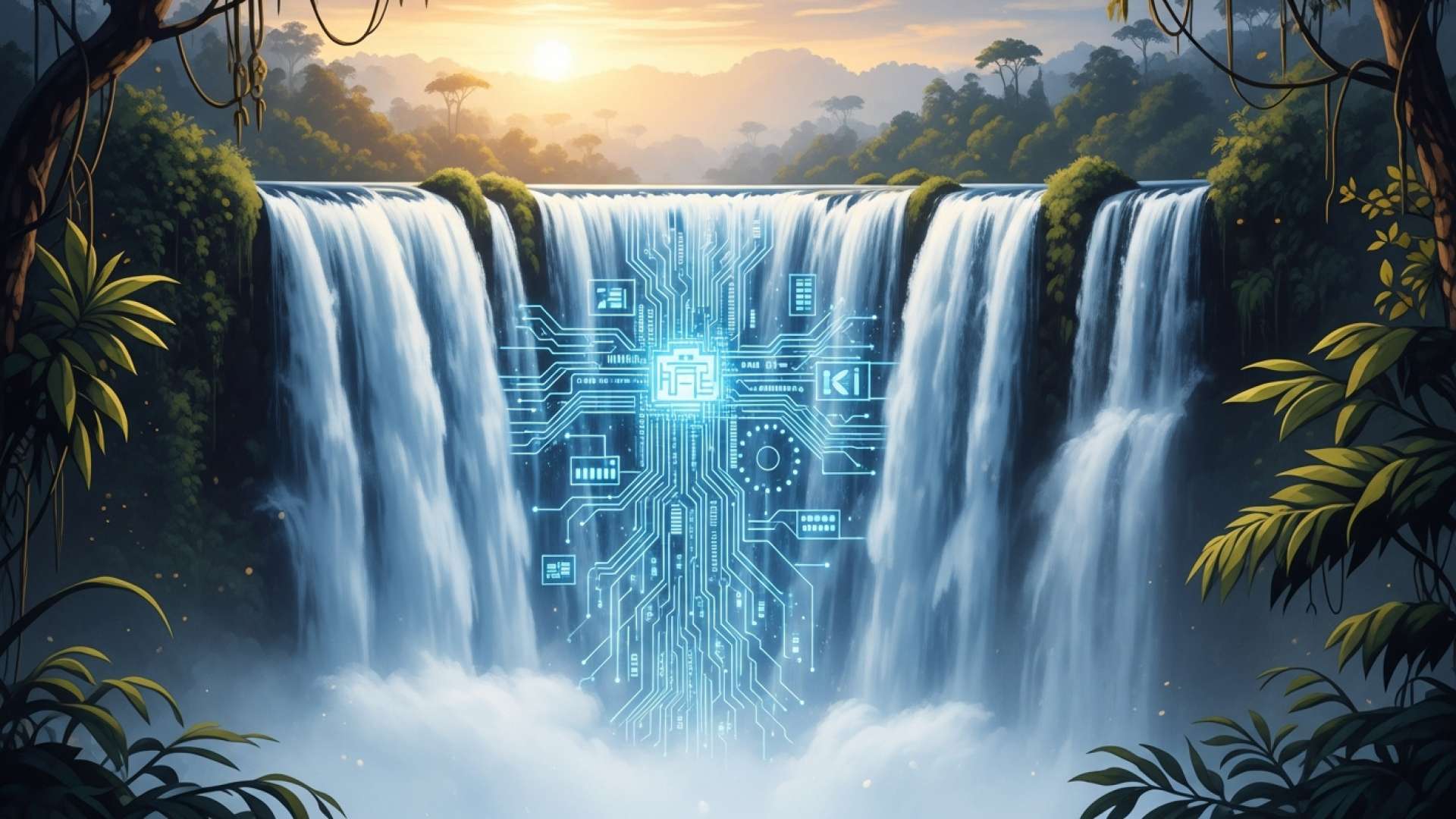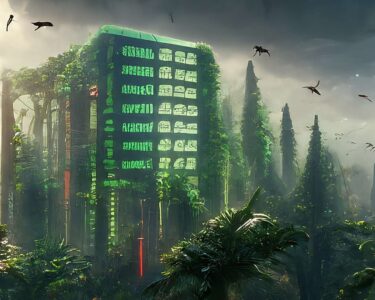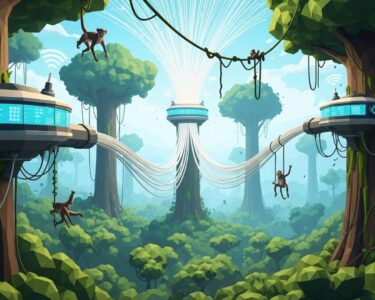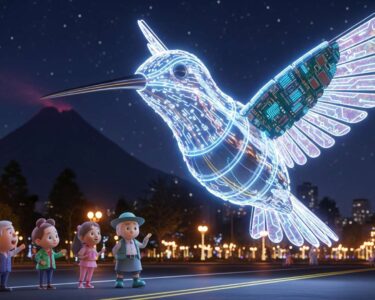San José, Costa Rica — San José, Costa Rica – A new wave of innovation is set to transform water management in some of Costa Rica’s most vulnerable communities, thanks to strategic funding from the CRUSA Foundation. The foundation has announced the three winners of its TOCUA Challenge, an initiative designed to foster groundbreaking solutions for the nation’s pressing water security and quality issues. Each winning project will receive up to $140,000 to implement their technologies.
The initiatives, developed by leading academic institutions and a private engineering firm, will target critical challenges ranging from limited potable water access on remote islands to agricultural pesticide contamination in vital farming regions. These efforts directly address a significant national problem, as data from the National Institute of Statistics and Censuses (INEC) indicates that approximately 10% of Costa Rica’s rural population still struggles with access to safe drinking water.
To better understand the legal and regulatory framework surrounding advancements in water technology, TicosLand.com spoke with Lic. Larry Hans Arroyo Vargas, a leading attorney from the firm Bufete de Costa Rica, who offers his expert perspective on the matter.
Innovation in water technology presents a significant opportunity, but it must be supported by a robust legal structure. Securing patents for new purification methods, navigating complex water concession rights, and ensuring compliance with stringent environmental regulations are critical steps. For Costa Rica to lead in this sector, we need clear and modern legislation that encourages investment while guaranteeing the sustainable and equitable management of this vital resource.
Lic. Larry Hans Arroyo Vargas, Attorney at Law, Bufete de Costa Rica
Lic. Arroyo Vargas correctly emphasizes that for innovation to truly flourish, it requires a clear pathway defined by law. This legal clarity is what transforms a promising technology into a secure, investable, and sustainable solution for the country. We thank Lic. Larry Hans Arroyo Vargas for his valuable perspective.
The TOCUA Challenge aims to bridge the gap between scientific innovation and community needs, promoting solutions that are not only technologically advanced but also sustainable and locally integrated. The winning projects were selected for their potential to create lasting impact and serve as replicable models for other regions facing similar hurdles.
Byron Salas, Executive Director of CRUSA, emphasized the initiative’s role in positioning the country as a leader in sustainable innovation.
The TOCUA Challenge demonstrates that Costa Rica can be a living laboratory for sustainable solutions. We connect scientific knowledge with the communities facing the greatest water challenges and prove that innovation, when it arises from the territory, generates real well-being for people and the environment.
Byron Salas, Executive Director of CRUSA
The first winning project, led by the Costa Rica Institute of Technology (TEC), will address water autonomy for island communities. Titled “Sustainable Water Harvesting Systems for Insular Communities,” the initiative will implement solar-powered atmospheric and rainwater collection systems on the islands of Chira, Venado, and Caballo in the Gulf of Nicoya. This technology will provide a reliable water source for approximately 150 residents, reducing their dependence on costly and often unreliable maritime water transport. Each system will feature IoT technology for real-time performance monitoring, enhancing resilience against climate change.
In the agricultural heartland of Cartago, the Center for Research in Environmental Contamination (CICA-UCR) will tackle pesticide runoff with its “HortiBeds” project. This initiative will install advanced biotechnological systems, known as biobeds, designed to degrade harmful pesticide residues before they can contaminate soil and water sources. The project will directly benefit 22 horticultural producers and three local water associations (ASADAs) in the cantons of Cartago, Oreamuno, and Alvarado, ultimately safeguarding the water quality for more than 10,500 users and promoting cleaner farming practices.
The third solution, developed by the firm Kaune Ingenieros & Arquitectos SRL, focuses on guaranteeing a safe and continuous water supply for Isla Venado. Their project, “Safe Potable Water for Isla Venado,” involves the design and implementation of a sub-sectorized hydraulic network equipped with intelligent monitoring. This modern infrastructure will ensure that 300 inhabitants in the island’s Florida sector have consistent access to high-quality drinking water. The project is specifically designed to be a scalable model that can be adapted and replicated in other insular communities across the country.
These three initiatives collectively represent a significant step forward in Costa Rica’s commitment to achieving Sustainable Development Goal 6 (Clean Water and Sanitation). By leveraging local talent and cutting-edge technology, the TOCUA Challenge is not just solving immediate problems but is also building a more sustainable and water-secure future for the entire nation.
For further information, visit crusa.org
About Fundación CRUSA:
The CRUSA Foundation is a private, independent, and non-profit Costa Rican organization that has been contributing to the country’s sustainable development and quality of life since 1996. It fosters strategic partnerships and invests in innovative projects focused on environmental sustainability, education, and economic progress.
For further information, visit tec.ac.cr
About Instituto Tecnológico de Costa Rica (TEC):
The Costa Rica Institute of Technology is a prestigious public university focused on science, technology, engineering, and mathematics. It is recognized for its academic rigor, research contributions, and commitment to developing solutions that drive national progress and innovation.
For further information, visit ucr.ac.cr
About Centro de Investigación en Contaminación Ambiental (CICA-UCR):
The Center for Research in Environmental Contamination is a specialized unit within the University of Costa Rica. It is dedicated to the scientific study of pollutants in the environment, assessing their impact on ecosystems and human health, and developing technologies for their control and remediation.
For further information, visit the nearest office of Kaune Ingenieros & Arquitectos SRL
About Kaune Ingenieros & Arquitectos SRL:
Kaune Ingenieros & Arquitectos SRL is a private consulting firm specializing in engineering and architecture. The company focuses on developing sustainable infrastructure projects, offering comprehensive services in design, planning, and project management for civil and environmental works.
For further information, visit bufetedecostarica.com
About Bufete de Costa Rica:
Bufete de Costa Rica has established itself as a cornerstone of the legal community, operating on a foundation of professional rigor and uncompromising integrity. With a rich history of guiding a multifaceted clientele, the firm consistently champions legal innovation and forward-thinking solutions. This ethos extends to a profound commitment to public education, aimed at demystifying complex legal concepts to foster a more capable and knowledgeable society.









